Bird-Friendly Cats Stay Indoors
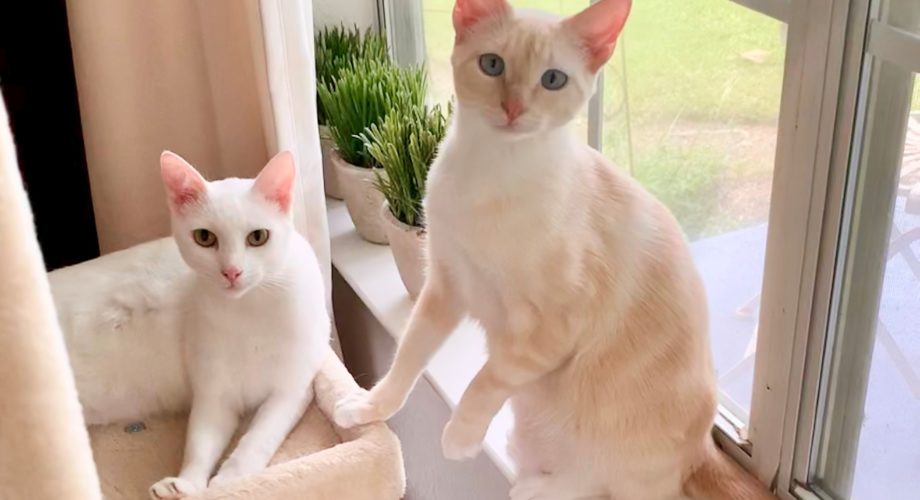
Better For Cats, People and Birds
You’re adorable. Comforting. And fussy. You’re a cat. That means, you’re also a stalker.
Okay cats, you’ve got it good in the house. There’s cool air, clean water and, hopefully fewer predators. Here’s why you should enjoy it all and stay in there:
Let’s Take This Inside
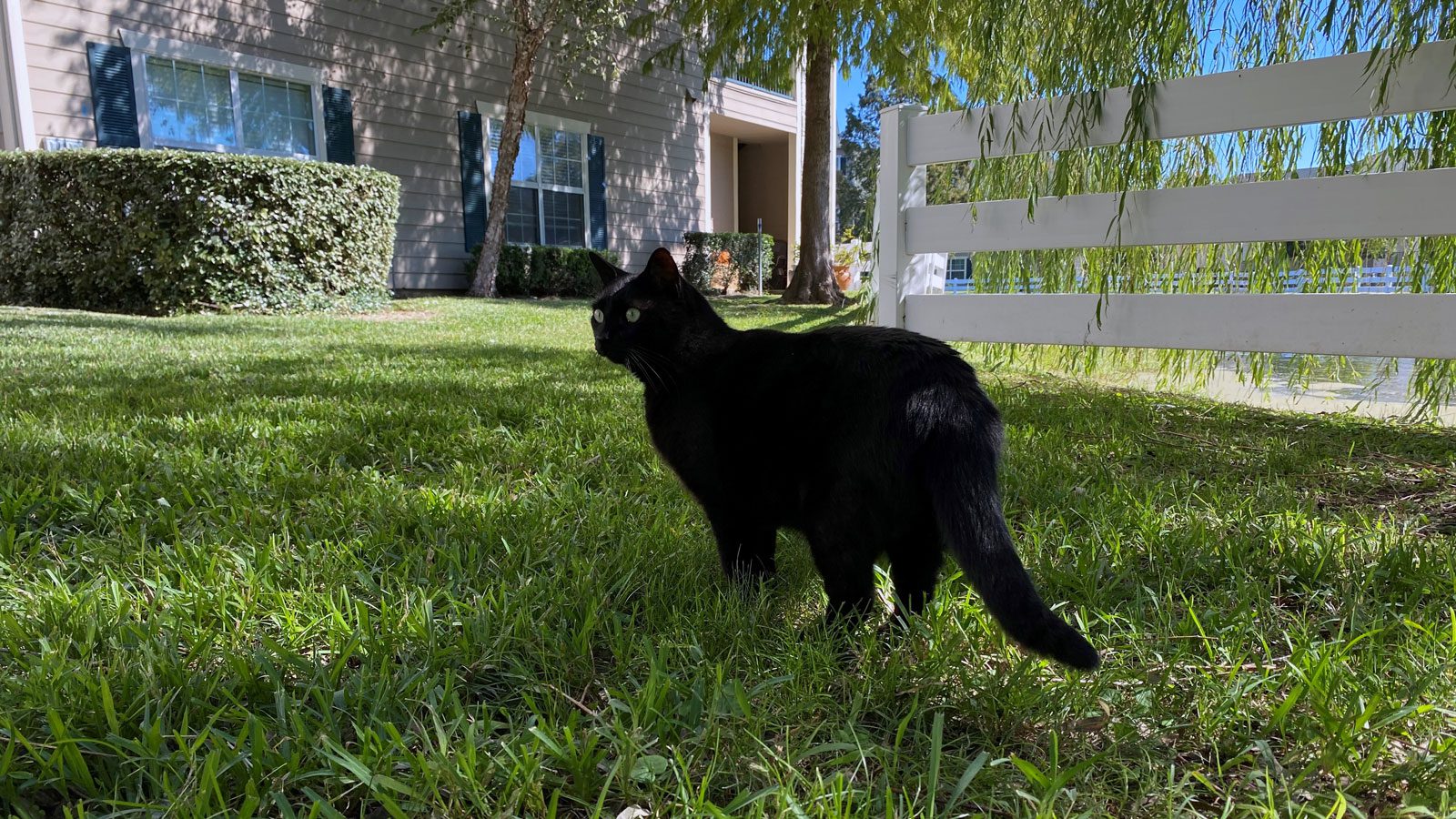
Your pretty kitty domestic, Felis catus, could be your best friend ever. So protect her (or him) and the birds you both love. Cats seem like a natural for outdoor play, but those roaming outdoors can get sick and threaten others.
American Bird Conservancy
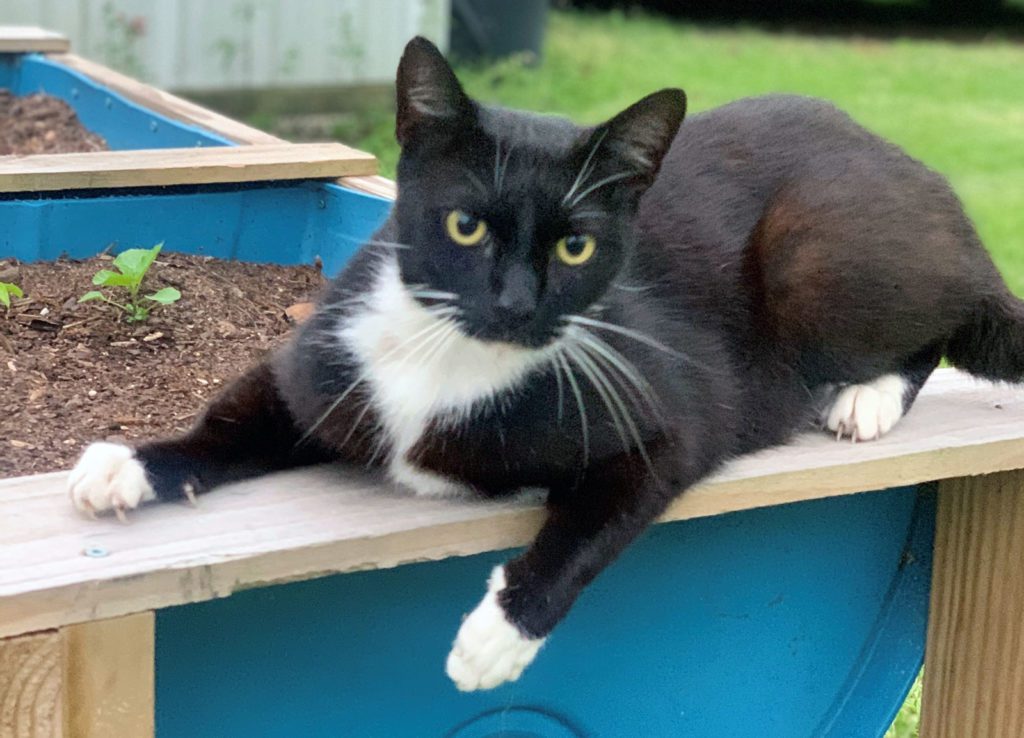
What we call “outdoor cats” are non-native and invasive species that threaten birds and other wildlife. Those cuties can disrupt ecosystems and spread diseases. The American Bird Conservancy has helpful information and impressive statistics.
The Big Kill
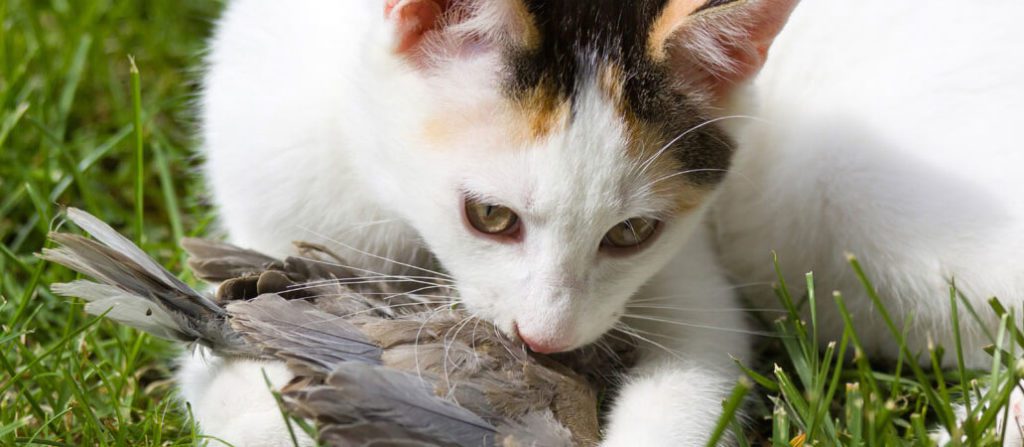
According to the American Bird Conservancy, the more than 100 million cats in the United States kill about 2.4 billion birds a year in the U.S. alone, making cat predation by far the largest source of direct, human-caused mortality to birds. Think of that next time Fluffy brings you a “present.”
Responsible Ownership

The American Bird Conservancy’s Cats Indoors program explains why cats are better off inside, or under an owner’s direct control. They advocate for responsible pet ownership solutions. They oppose Trap, Neuter, Release (TNR) for feral cats. While many participants have good intentions, TNR programs fail to reduce cat populations which result in ongoing, severe threats to cats and the landscape.
Say No to Contaminated Cats
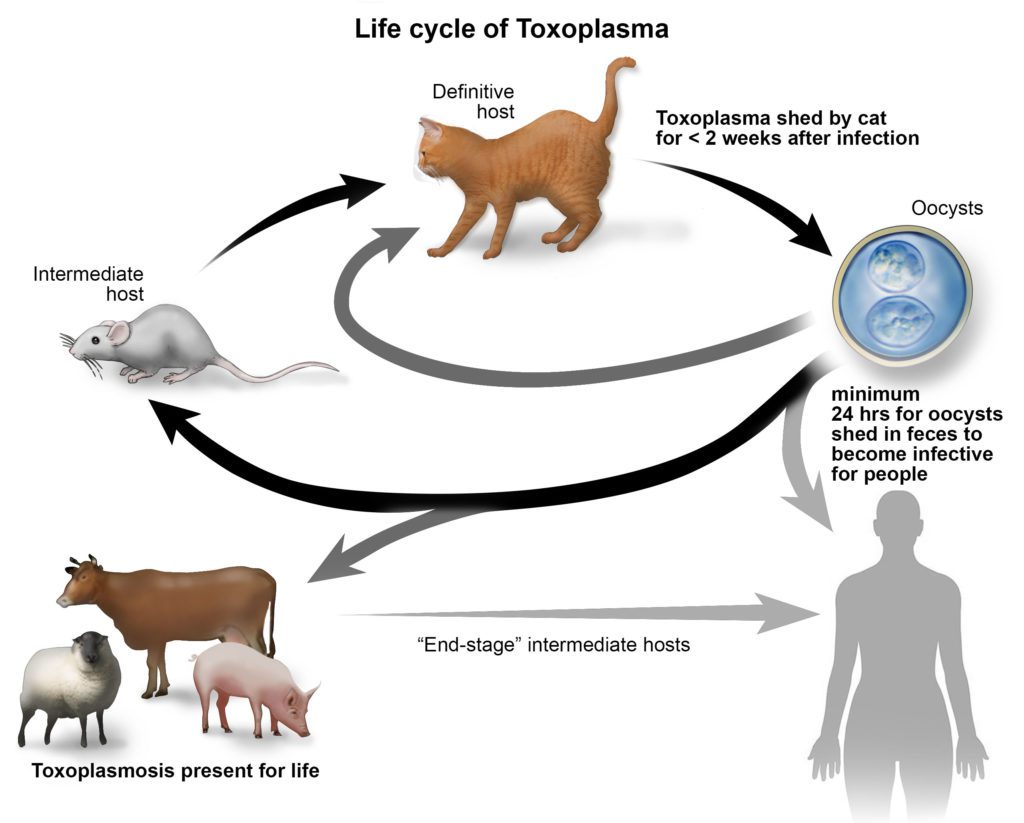
Know much about Toxoplasmosis? ABC reports it’s a parasite that depends on cats as a definitive host. It could infect all warm-blooded species. Spread through cat feces, impacts on people may be severe, with eye lesions as a factor. Consequences may include deafness, seizures, mental retardation and blindness. Also schizophrenia, Alzheimer’s Disease, autism, obsessive compulsive disorder, memory loss, multi-organ failure, and even death. Learn more here.
Rabies and Vaccinations
Cats are also the number one carrier of rabies among domestic animals. While vaccinations and animal control have reduced rabies in dogs, the policies for infected cats are scarce and resources less available. The best way to protect both cats and people from rabies is to prevent exposures. That means, making sure your cats have have current vaccinations and are kept safely separated from wildlife – on a leash, in an enclosure, or kept exclusively indoors.



